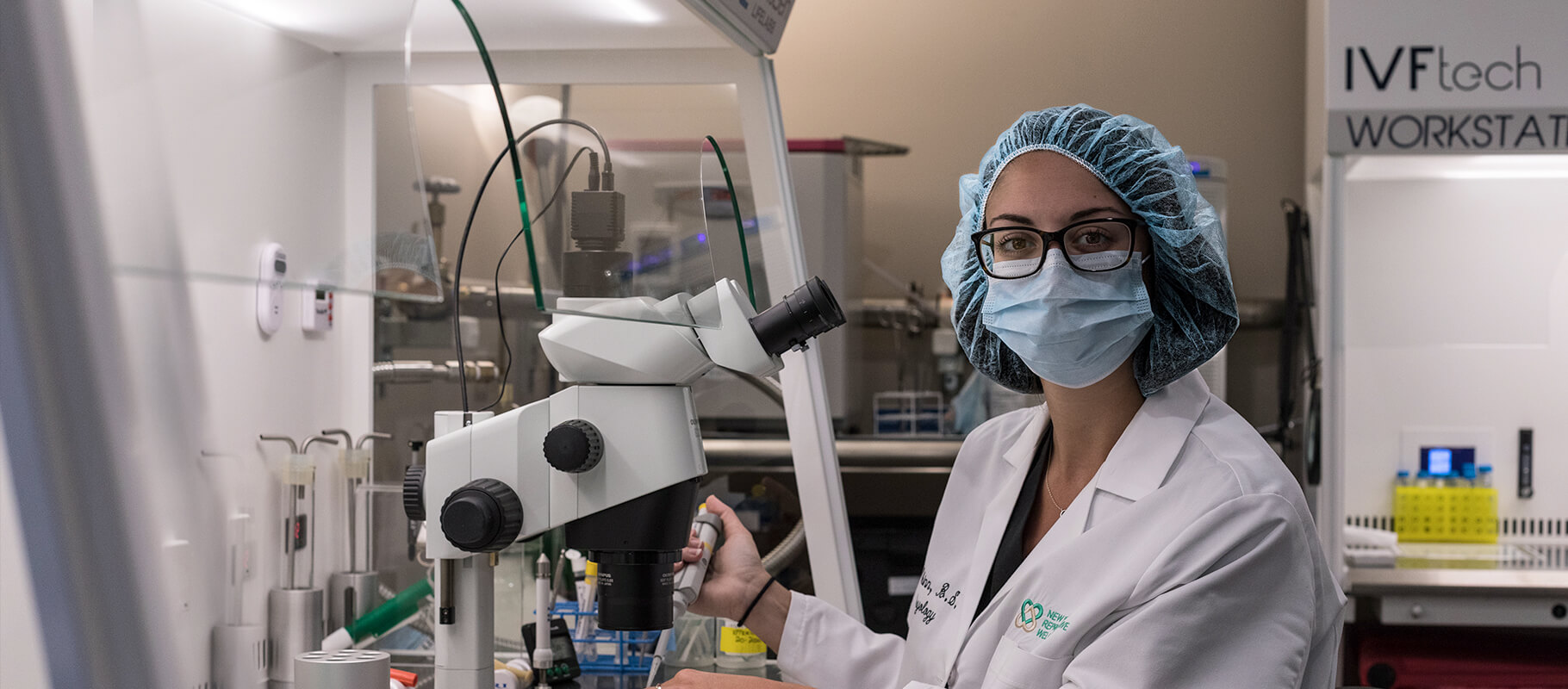Infertility 101
Infertility is defined as an inability to achieve a pregnancy after one year of trying (or six months if a woman is 35 or older). Women who can get pregnant but can’t stay pregnant are also considered part of the infertility community because they have trouble sustaining an ongoing pregnancy that leads to birth.
About 12.5 percent of women (9.3 million) in the United States ages 15-44 have difficulty getting pregnant or staying pregnant, according to national fertility advocacy groups and health bodies. While often considered a matter of women’s health, infertility affects men and women equally (about a third of all cases each). In the last third, both the male and female have fertility issues, and a remaining sliver of cases are unexplained, meaning there is no medical diagnosis, in either the male or female, as to why the couple cannot get and stay pregnant.
You may have heard that female age is the biggest cause of infertility, and while is it a big one, there are several more common causes for women, such as hormonal issues like Polycystic Ovary Syndrome (PCOS), scar tissue barriers as a result of endometriosis, and blocked fallopian tubes from a prior surgery, for example.
For men, the issues relate to sperm, but not just sperm count. Sperm motility, or how well the man’s sperm swim, is actually the most important factor in regards to fertility. If the man’s sperm has trouble swimming through the woman’s cervical opening, into her uterus and through her fallopian tube to meet the woman’s ovulated egg, the chances of pregnancy are very low.
No matter the diagnosis, however, the good news is that there is help. The field of fertility has made enormous strides in the last four decades since In Vitro Fertilization (IVF) was invented, and pregnancy success rates have never been higher. Treatment is available to help couples conceive and move on with their lives.








